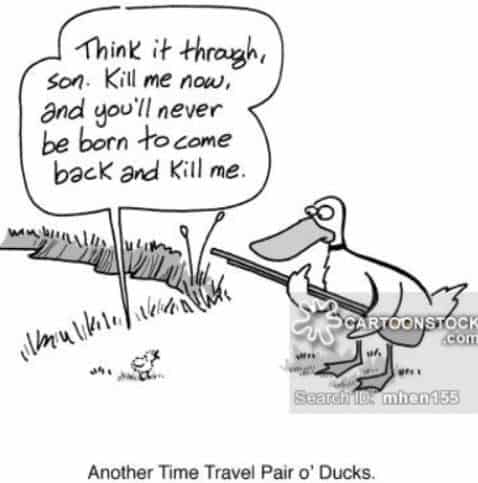Would your students describe themselves as appearing on fleek? Or maybe they have moved on to using the term snatched to indicate a look that is just right. How many of our students would warm to being considered exquisite, of consummate beauty, or debonair? Would they understand these words as compliments?
Our society has grown increasingly informal over time; the vocabulary that permeates our lives is characterized by slang and simple, repetitive word uses. Because we are immersed in informal language, both verbal and written, helping our students acquire a rigorous, academic, and professional vocabulary requires a concerted effort.
How to Enhance Vocabulary
An absolute essential in preparing students for college and professional life is to encourage them to read challenging texts. Texts should include serious non-fiction, which is filled with the rich and precise vocabulary necessary to communicate its subject matter, and classic literature from various time periods. Reading literature of the past ensures that students will gain exposure to words that remain in use in academic writing but are not typically present in contemporary speech or in the more casual writing typical of much modern fiction.
Reading alone, though, may not expose students to a full range of the vocabulary needed in academic and professional settings. To acquire a well-rounded and advanced vocabulary, students should be led through a targeted program that includes the study of word roots and the use of advanced vocabulary in context.
Sample Assignments
In the most rigorous grammar and vocabulary course that Excelsior Classes offers, Word Guru II, we not only study word roots and advanced vocabulary definitions, but also the uses of words in context; students are encouraged to be alert to the vocabulary in texts they are reading outside of class and find examples to illustrate the various ways the vocabulary we are studying are actually used by skilled authors. To increase student engagement and retention, I ask students to submit images along with the vocabulary uses that they find.
During a recent Word Guru II class, several students submitted outstanding examples of vocabulary use in context. To illustrate uses of the words abstruse, levity, and paradox, Jasmyne made the following submissions:
Colton also offered the following excellent submissions to demonstrate the uses of the words eponym, Occidental, and redoubt:
While your students’ skillful use of words may indeed be on fleek, they should also be able to describe well-crafted language as exquisite.
______________________________________________________________________________________________
 Marilyn Whitlock loves learning and sharing that love with others. She has a bachelor’s degree in English education, a master’s degree in English literature, a graduate certificate in instructional design, and has completed coursework for a Ph.D. in English literature with a concentration in British literature of the 18th century. As a Ph.D. candidate, she received a full academic scholarship, was a graduate assistant, and taught freshman composition. Since completing her education, Marilyn has taught in a variety of venues including public schools, private Christian schools, and within the homeschool community.
Marilyn Whitlock loves learning and sharing that love with others. She has a bachelor’s degree in English education, a master’s degree in English literature, a graduate certificate in instructional design, and has completed coursework for a Ph.D. in English literature with a concentration in British literature of the 18th century. As a Ph.D. candidate, she received a full academic scholarship, was a graduate assistant, and taught freshman composition. Since completing her education, Marilyn has taught in a variety of venues including public schools, private Christian schools, and within the homeschool community.









